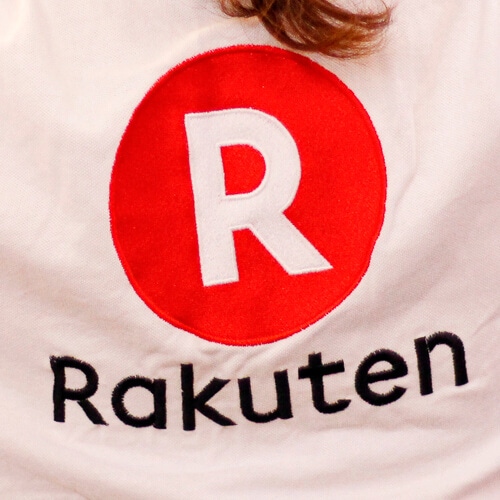Rakuten losses soar 85% as it builds base stations
Rakuten Mobile's revenues grew 17% though building base stations dragged it into the red, after deals buying Altiostar and partnering Germany's 1&1.

Rakuten Mobile's operating losses increased by 85% in the last six months to $900 million, erasing gains by the group's other units. But Japan's challenger mobile operator was quick to point out its revenues grew, though by a more sedate 17%.
"We believe that our mobile business is able to hit three birds with one stone," CEO Hiroshi Mikitani said on a conference call. "The monetization of Rakuten Mobile as a stand-alone business in Japan, contribution to the Rakuten ecosystem, and RCP." (Rakuten Communications Platform [RCP] is its platform for other operators who also want to run their networks in the cloud.)
Figure 1:  Hands up: As Rakuten looks to expand coverage, base station build costs pull down group revenues.
Hands up: As Rakuten looks to expand coverage, base station build costs pull down group revenues.
(Source: PriceMinister on Flickr CC2.0)
Getting international customers for its RCP is crucial, for which purpose it has bundled together its telco offerings under one banner as Rakuten Symphony.
Bittersweet symphony
The losses came from the ongoing cost of installing 4G and 5G base stations to boost its Japanese coverage. The operator repeated a target of turning profitable by 2023, through quickly picking up subscribers and increasing its efficiency. "Finding ways to automate and reduce the investment required for base stations is crucial to keeping overall costs down," Mikitani said.
And then, referencing the company's purchase last week of Altiostar, the US Open RAN provider in which it had been a longtime investor, "It is very significant that we have acquired the only company that is currently able to realize this."
Rakuten's other big recent news, its new partnership announced last week with Germany's 1&1 to build Europe's first virtualized mobile network using Open RAN technology, will be key in selling its not-quite-yet-profitable business model. "It's also about the speed, because 1&1 needs to bring the network up as soon as they can," Rabih Dabboussi, chief sales officer for Rakuten Symphony, told Light Reading in an interview.
It's giving itself longer, though, to reach its target of covering 96% of Japan's population, moving the goalposts from summer back to the end of the year in view of global semiconductor shortages. Rakuten Mobile had 4.42 million subscribers as of June, losing some who had taken advantage of a free one-year promotional subscription offer which ended in April.
The group as a whole made an operating loss of $537.4 million. S&P Global Ratings downgraded the group to a BB+ rating with a negative outlook on July 26, from BBB-, citing "souring finances" tied to the launch of its mobile business.
But online is fine
On the bright side, Rakuten's Internet services business saw a 17.8% increase in revenue. Given Internet services make up 60% of the group's total half-yearly revenue, this cannot but be good news.
Want to know more about 5G? Check out our dedicated 5G content channel here on
Light Reading.
Fintech also was on the rise, growing 8.2% in revenue and 14.6% in profits. Rakuten Bank now has 11 million accounts, and 23 million credit cards, while the group's brokerage segment has 6.24 million brokerage accounts.
Mikitani argued that Rakuten Mobile was "one of the most important customer-acquisition venues for the Rakuten ecosystem," meaning the bits that currently turn a profit.
"In five to 10 years, it is possible that we will see RCP's revenue and profit outpace our other businesses," he said.
Related posts:
— Pádraig Belton, contributing editor special to Light Reading
About the Author(s)
You May Also Like












